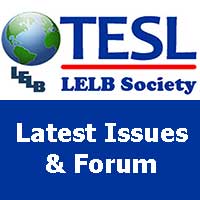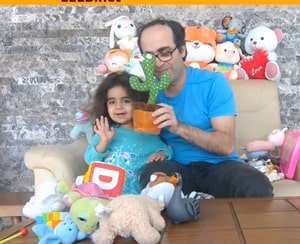Classroom Interaction in Second Language Learning
Classroom interaction in second language learning written and narrated by Dr. Mohammad Hossein Hariri Asl Author: Dr. Mohammad Hossein Hariri Asl Video of classroom interaction Watch this video on YouTube Abstract In the middle of the 1980s, Long developed the Interaction Hypothesis, which challenged Krashen’s Input Hypothesis. Long’s theory was emphasizing this point that comprehensible …





